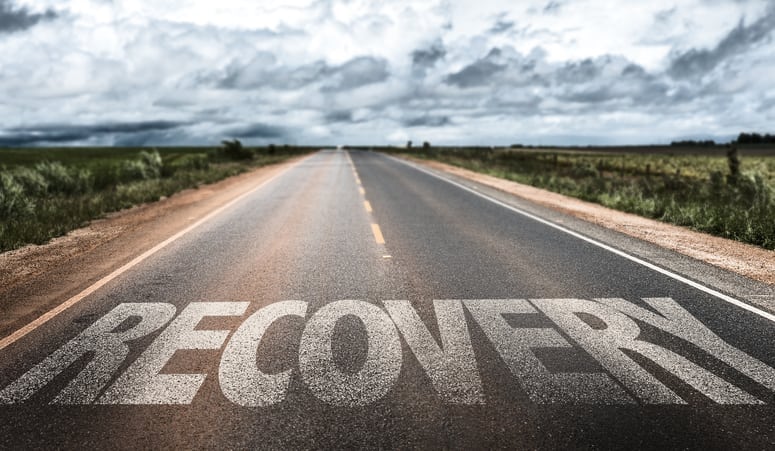With the continued rise in opioid-related deaths in Connecticut, Hartford HealthCare’s Behavioral Health Network has partnered with the system’s emergency departments to create the “recovery coach” program, which helps those facing addiction find treatment. Patricia Rehmer is senior vice president for the Hartford HealthCare Behavioral Health Network.
Q: What is the role of the recovery coach?
A: Recovery coaches work directly with patients after they receive emergency care for a substance use disorder, such as opioid addiction, or if they come in seeking treatment for a substance use disorder. They do everything from providing support in the ED to driving patients to their appointments. Recovery coaches have “lived experience” with substance abuse, which helps build trust with patients.
Q: What if a person is not interested in seeking further treatment at the time they enter the emergency department?
A: If a person isn’t interested in getting into treatment at that time, the recovery coach will give them their business card and will call the next day, if the person is willing. And they’ll call for days, if the patient is willing to let them, to offer support and to try to get them into treatment.
We realize that people don’t have to be jumping for joy to come into a treatment program; sometimes they’re still ambivalent. The onus is now on us to get them in the door and keep them engaged. The days of individuals ‘hitting rock bottom’ or ‘proving that they are motivated’ are really over. We need to design our programs to engage the individual.
Q: How successful has the program been?
A: Since it started, we have helped link 920 or 947 (97%) of patients to further care which includes, detox, community support, inpatient, outpatient, intensive outpatient and medication-assisted treatment.
Q: Hartford HealthCare also has what it calls Medication Assisted Living Close to Home program (MATCH). Tell us about it.
A: MATCH began three years ago at Rushford, a Hartford HealthCare substance abuse treatment center in Middletown. As the face of opioid addiction has changed, more people suffering from opioid abuse disorder have careers, intact families and a strong support system at home. But, there is still that stigma, so we have opened clinics in suburban settings – Cheshire, Avon and Glastonbury.
The clinics are staffed with a physician licensed to prescribe buprenorphine-based medications like Suboxone, as well as mental health professionals who offer individualized therapy, family education and counseling and other supports.
Medication-assisted treatment can help eliminate the need for hospital detox and long-term rehab. Patients are prescribed medications that quiet cravings or reduce withdrawal symptoms, such as Suboxone or Vivitrol, and can take it on their own as an outpatient, eliminating the need to spend weeks or months in a hospital rehab or part of each day at a methadone clinic.
Suboxone® is FDA-approved and carefully monitored according to evidence-based treatments that have been shown to give patients the best chance at success.
People don’t have to leave their jobs. They don’t have to worry about getting up every day at 5:30 to go get methadone (an older opioid replacement medication that must be dispensed on-site at a clinic. You can still go to work or go to school and get on with your life.
Research shows patients who use medication as part of their treatment have an 87 percent better chance of staying clean and that’s a remarkable statistic. You have a much better shot if you’re on one of these medications.
Seeking recovery services for alcohol or opioid addiction? Learn more about MATCH here.


